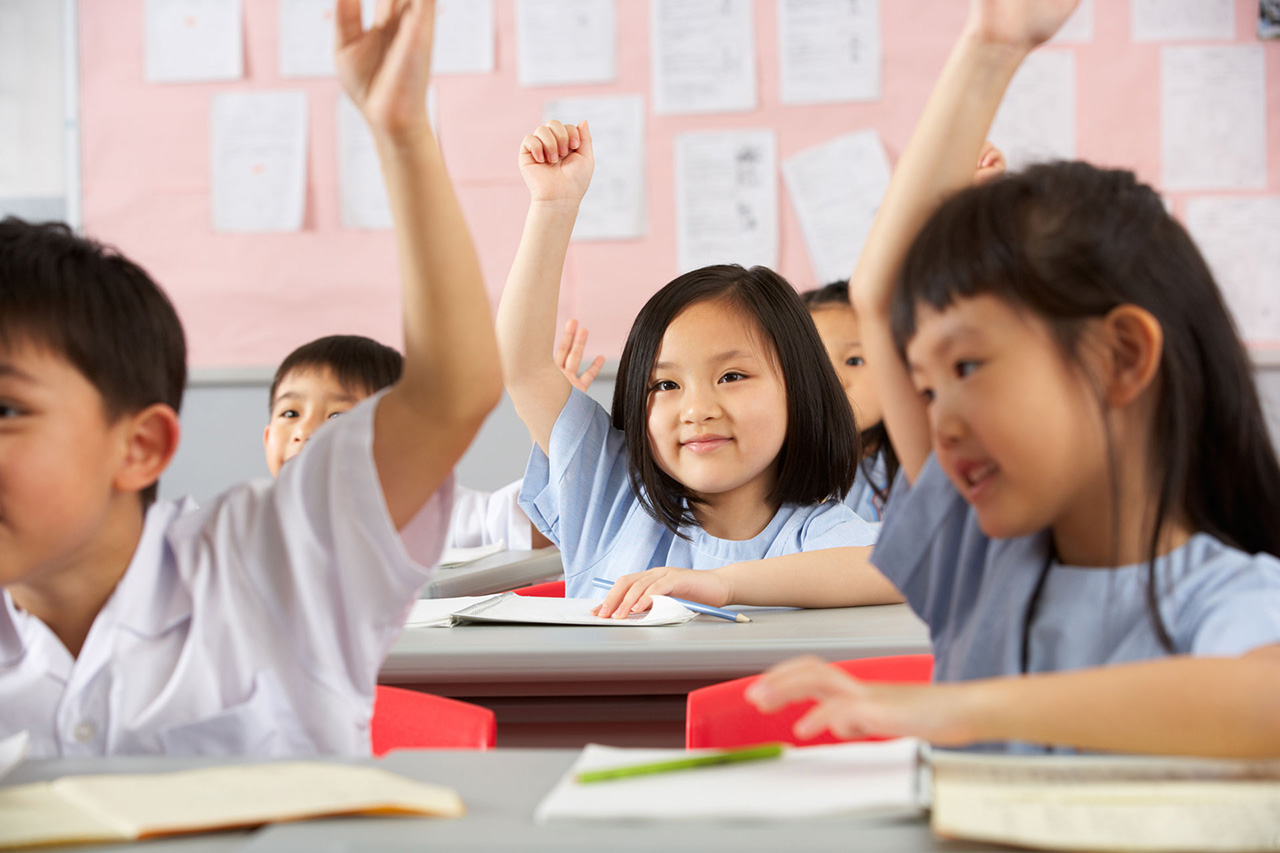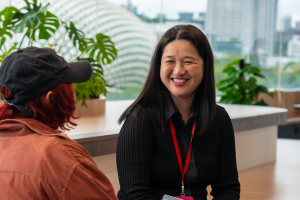I was at a press luncheon recently and was sharing a table with two other journalists and a PR person. They already knew each other, and I was new to the table.
“Hey, you were a teacher right?” one of them started the conversation.
As we went about our lunch, I found out that all three of them were former teachers. One taught in a primary school, the second one in a secondary school, and the third one in a junior college.
While they left MOE for their own respective reasons, one common thing they lamented was that parents these days are obsessed with academics and grades.
Someone said, “Even a 3-year-old has a timetable.”
I almost choked on my water.
Say what? That’s scary.
But yes, there are enrichment classes available for babies and preschoolers, and their parents gladly enrol them in these enrichment classes to give their kids a “headstart” in life.
The former primary school teacher added that primary school kids have crazy schedules and they can hardly rest or have playtime.
“I can’t even punish them to stay back after school if they did something wrongly. They have tuition classes to rush to.”
So here’s my question: Are supplementary classes after school really necessary?
Anyone who has been through Singapore’s school system will agree that we are geared towards high achievement in exams. Children in the Lion City experience high stress levels from school as a result of competitive pressure from schools and parents.
Not only do parents want their children to excel academically, children are enrolled into co-curricular activities such as music lessons, language classes, and so on to help them have that additional advantage in life. This is the mindset that today’s parents have.
I don’t remember being this stressed out when I was in school. Occasionally, a supplementary class. CCA practice was twice a week after school. I only had math tuition to help pull up my grade, and swimming classes on weekends.
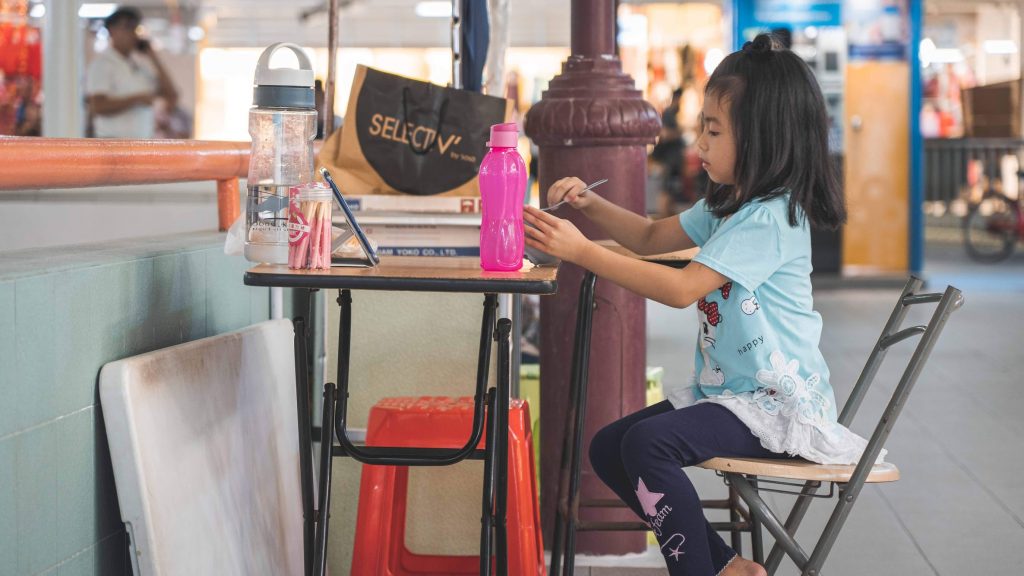
To have time to play and explore, children need more free time after school. But after a day in school, extra lessons, or CCA if any, homework, or tuition for many, it would be difficult to fit play in if a child is to sleep at a decent time.
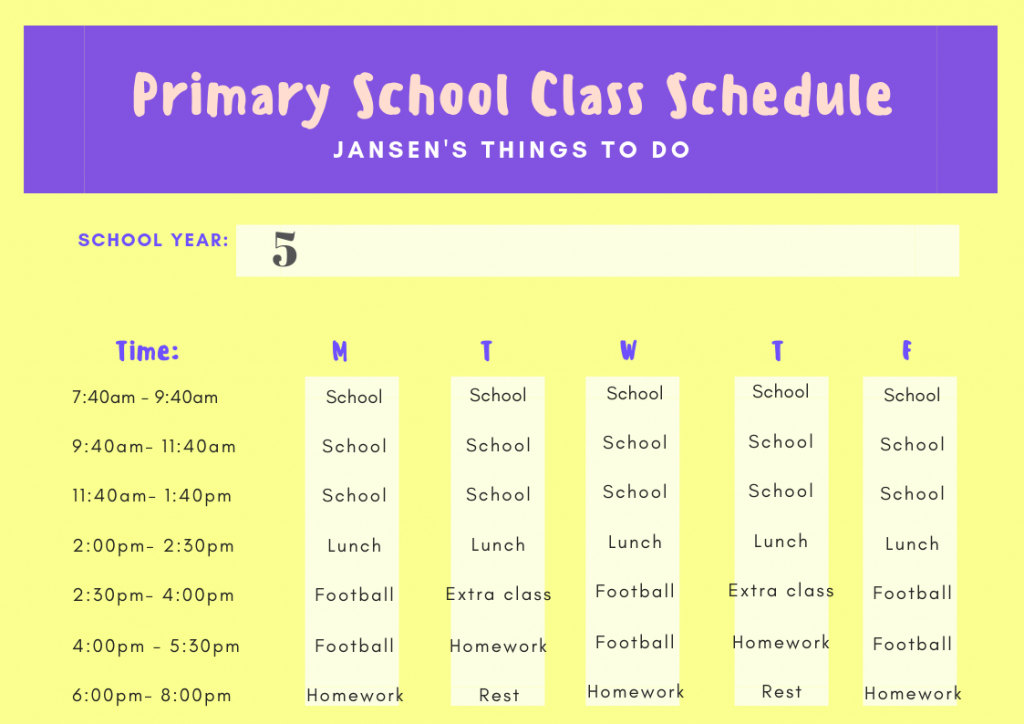
The child takes one-hour lessons in maths and science from a tutor who comes to their house twice weekly, and goes to a tuition centre for English and Chinese three times a week.
I can only imagine how overwhelmed Joyce must feel. Yes, she’s sitting for her PSLE and it is an important examination for primary school students. However, her schedule is mentally and physically demanding with private tuition every day after school.
Does she get play time? Does she get enough rest?
Even if she gets off-days on the weekends, she might be too tired to play.
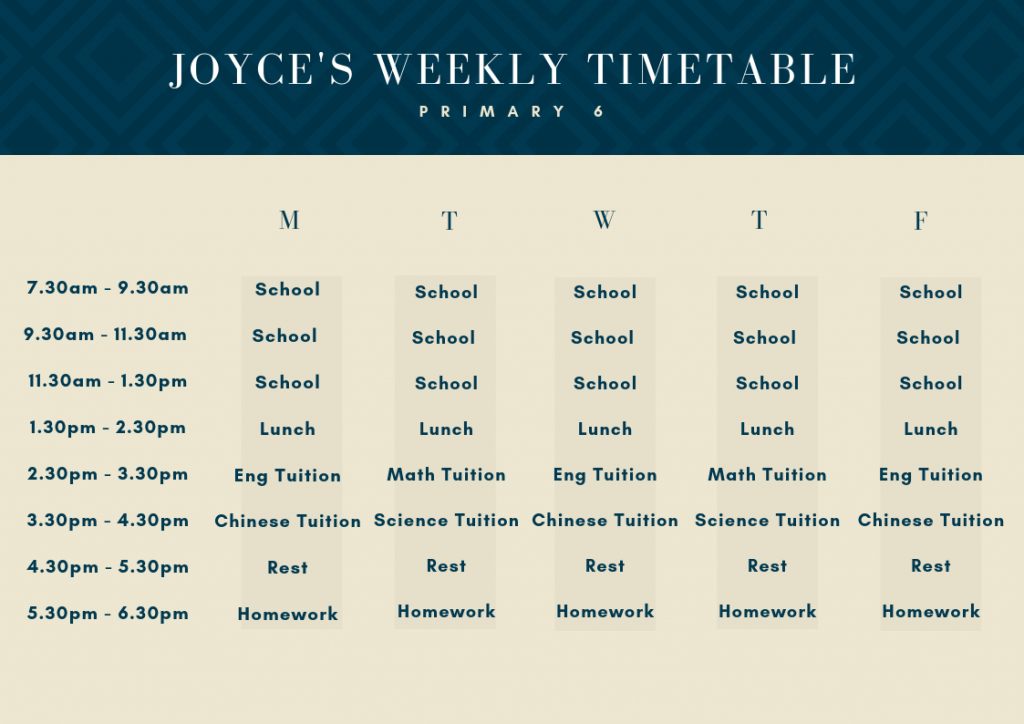
Lack of time for play could have adverse results later in a child’s life.
Parents need to understand that play time helps young children’s brains to develop, and their language and communication skills to mature. It nurtures their curiosity, which can then manifest in qualities like creativity and a love for learning.
It could just be helping mum with cooking, experimenting with freezing various objects in the freezer or just the usual hide-and-seek. All this can be stimulating for young children and teach them about communication, developing their motor skills and helping with problem-solving.
These play times are vital to laying the foundations for formal education, and lack of play and communication can have long-term negative consequences on a child’s learning and physical and mental health.
Howard Tan, former primary-school teacher turned private tutor, says he has encountered parents who put undue pressure on their youngsters. His private tuition classes wrap up at 9 PM.
“I have one eight-year-old student taking multiple tuition classes from multiple tutors per subject, amounting to 11 tuition sessions a week. Does she have time for anything else?”
Tan says that when he taught physical education classes in primary school, he noticed that a number of children lacked motor skills.
“In preschool … they need to socialise and learn conflict resolution with other kids. Many of the children I taught didn’t know how to deal with disagreements; they would shout because they didn’t know any better,” he says.
Am I the only one who thinks that parents are putting too much unnecessary pressure on their children, and not letting them live the childhood they deserve? Sure, it is a rat’s race and we have to keep ourselves in the competition, which might also mean being ahead of our peers. However, parents should also understand that it is not all about grades, and they should focus on raising their kids to be critical thinkers and problem-solvers, instead of robots conditioned to study and study.
